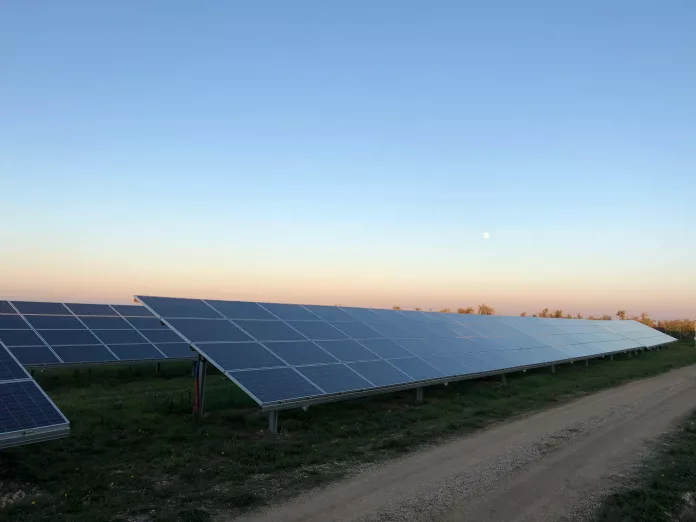There’s a contentious debate over the use of solar panels on farmlands across America. Critics argue that solar panels tarnish the picturesque nature of rural areas, seemingly ignoring the environmental impact of intensive agricultural practices such as heavy pesticide and fertilizer use. These traditionalists often overlook the increasing threat that climate change poses to farming, with frequent floods and droughts devastating crops. The concept of harnessing sunlight through solar panels, akin to the natural process of photosynthesis, seems lost on those swayed by anti-solar rhetoric, often pushed by fossil fuel interests disguising themselves as grassroots organizations.
Investigating the Promise of Agrivoltaics
Revitalizing Agriculture with Solar Energy
In an innovative experiment, researchers from prominent U.S. laboratories embarked on a project in southern Minnesota to examine the potential of agrivoltaics. They aimed to see if solar farms could serve a double purpose: generating renewable energy and fostering agricultural productivity on underperforming land. The hypothesis also suggested that these solar setups could create a refuge for wildlife.
Unearthing a Haven for Insects
Over the years, the scientists meticulously recorded insect activity within the solar arrays, finding a significant increase in biodiversity. The result was an explosion in the number of native bees and other insects, creating vibrant ecosystems around the solar panels. The research, detailed in ResearchGate, confirmed the notion that these solar farms can indeed offer valuable habitat for insects, boosting local biodiversity and aiding nearby agricultural fields through enhanced pollination services.
The findings from the study provide a striking narrative that challenges the misconceptions held by solar farm opponents:
Our study has identified remarkable surges in flora and fauna metrics, inclusive of variety and number of flowering plants and insects, and particularly in native bee populations. Notably, the proximity to agrivoltaic systems has shown to contribute positively to bee activity in adjacent fields, indicating that these installations can be excellent strategies for preserving biodiversity and bolstering food production in farmlands.
Lee Walston, a pioneer researcher at Argonne National Laboratory, elaborated to Anthropocene magazine on the encouraging ecosystem responses to habitat restoration initiatives in these solar energy sites, emphasizing their potential in protecting insect populations and enhancing nearby crop pollination.
Navigating the Anti-Solar Sentiment
The Economic Benefits for Farmers
Detractors often neglect the financial lifeline that solar farms can provide to farmers struggling with the unpredictable nature of their profession. Farming comes with its set of challenges, amplified by environmental conditions such as floods and droughts. The additional income from solar energy can mean the difference between survival and bankruptcy for these stewards of the land. Interestingly, resistance to other forms of land use for energy extraction, like fracking, doesn’t garner the same level of outcry.
The Case for Choice and Environmental Priorities
Arguments against solar farms frequently come from those not directly affected by the economic pressures of farming. Yet, there are many within the agricultural community who welcome the clean energy and the modern aesthetic of solar panels. Decisions about land use, particularly in matters as critical as renewable energy and climate change, should rest with landowners rather than external commentators. It’s not just about the landscape or personal preferences, but a larger battle against a global climate crisis affecting us all.
Considering the essential role pollinators play in agriculture, the benefits of agrivoltaics could be far-reaching: more prosperous farms, healthier environments, and a collaborative step forward in our collective fight against climate change.

























